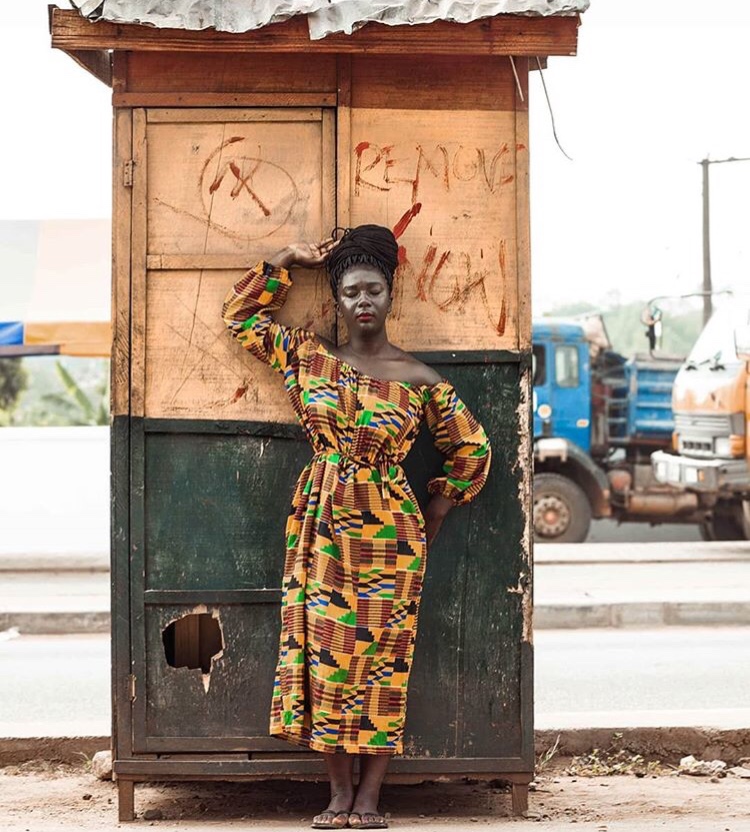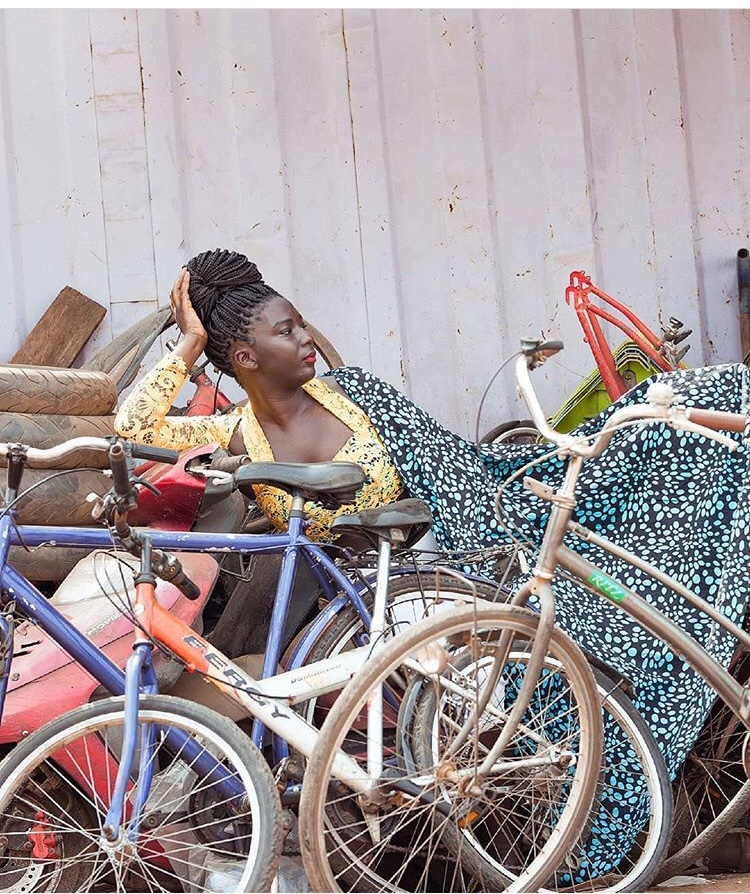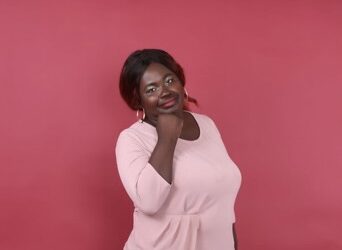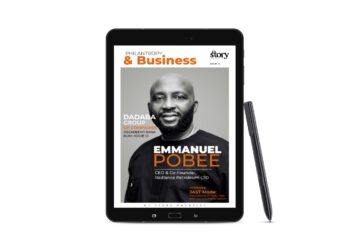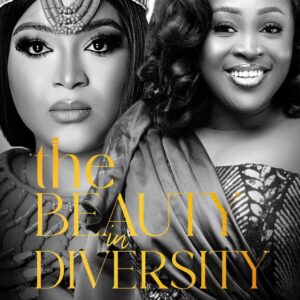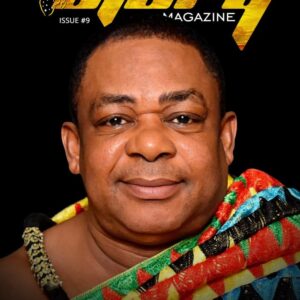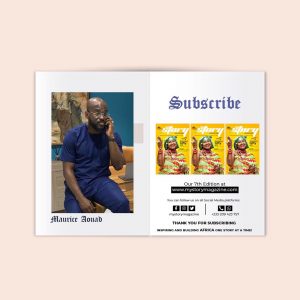Karen is a Barrister at Law and human rights activist with several years in the international development sector. Karen’s main interest is in natural resource governance and the development of African states. As a result, Karen founded the project Youth development Ghana at the age of 17, a project aiming to emancipate many from the injustice derived from unfair trade.
Karen a recipient of the Deans fellowship awards and Future of Ghana 30 under 30 2018 has written articles with the Congressional Black Caucus in the USA, the Voice and many Ghanaian outlets on the interplay between law and development on the African continent.
Karen is an advocate for inclusion within the international development sector. Whilst at Save The Children International she created and Co-Chaired the group Mosaic, a group promoting diversity and inclusion of BAME groups within the NGO sector.
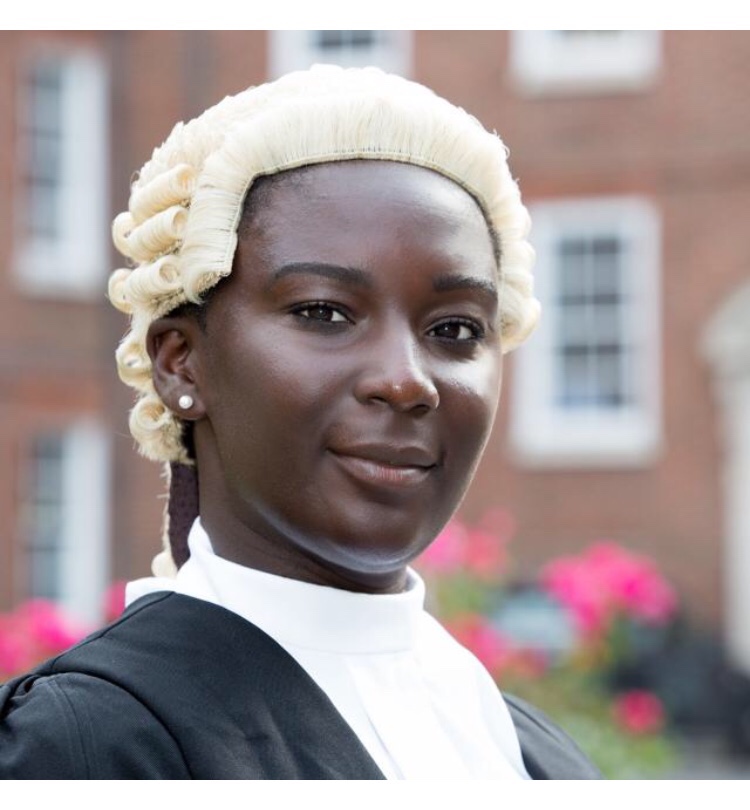
Can you tell us a bit about yourself? family, educational background
Well, my name is Karen Safo – Barnieh, I am Ghanaian, born in the UK. I am a Barrister from a single parent background with two younger brothers.
How was your childhood and growing up like. Would you say it influenced your choice of a career path?
Being from a single parent home with a mother who went to University whilst having three children, with the youngest under the age of 2, I learnt about perseverance and resilience first hand.
My mother was also a very strong Ghanaian woman, she ensured that we greeted with our right hand, forced us to speak Twi, by only speaking Twi to my brothers and I and we travelled to Ghana often.
So, with that said, yes, I have been influenced by strong independent women who are passionate about the women empowerment and the development of Africa. One that I do not take for granted.
Can you share your story with us?
From where you started in your career and how you finally ventured into this sector?
I went to Ghana and visited my ancestral village – Kokofu Asaman where there was an abundance of cocoa just laid bare, glistening in the Ghanaian sun. I was perplexed. Why, if there is an abundance of natural resources like cocoa and gold is Ghana a developing country? I did not understand how this could be. After understanding that child slave labour and the unequal bargaining power between the west and the African continent contributes to the unfair trade of the cocoa and gold in Ghana, I wanted to do more to help.

I set up a charity known as Youth Development Ghana to provide education and raise awareness of the children who were unable to attend school as they were needed to run the cocoa farms. It was successful, with the minister of education attending and providing scholarship to the children who worked on the cocoa farms, but I learnt something deeper.
I began to understand that the unfair trade was linked to various ineffective policies, international and national laws that permeate the international trade sector. I knew then that I wanted to study law. I wanted to use the law as a tool for change and I knew that the only way to do it was to qualify as a Barrister and specialise in cases relating to international claims and public international law.
I went to The University of Kent, completed an LLB with a 2:1 then secured the Deans fellowship scholarship award to study at UCLA. I went to pursue my postgraduate studies at SOAS in order to gain a deeper understanding of the interplay between the law, climate change and natural resource governance. I knew Africa’s development was dependant on our ability to govern our natural resources against competing interests and I became involved in grassroots organisations that championed this.
Being from a single parent background my passions and desires seemed too big for me to commence the Bar Professional Training Course (BPTC) to become a Barrister. My grandfather who was sick at the time agreed that he would pay the £20,000 tuition fees, I was so grateful. I decided to do the BPTC part-time so I could pay my living expenses whilst my grandfather paid the initial 10,000 payment for the first year. I felt completely out of place at law school, so many Oxford and Cambridge graduates who had already secured pupillage surrounded me. I questioned whether I was cut out to be a Barrister.

That year my grandfather passed away and there were very limited funds to pay for the second year of my tuition fees. I decided to take a year out and raise the funds. Many of the scholarships that were available, I was ineligible to apply because I had already commenced the BPTC. I had to then take a second job at Accessorize and a third, housekeeping in Loreal offices in order to secure the money for my second year of the BPTC. It was tough, I was burnt out, I developed severe anxiety and was demotivated. But I still pressed on, I knew that this was my purpose deep deep down in the midst of the financial and personal hardship. This in hindsight has developed my resilience, patience and perseverance and I am so glad I was able to build up my character. All necessary for a successful career at the Bar.
What will you say motivates you?
Our Ancestors. When I remember what they had to endure, I know that I can persevere through situations that may seem as insurmountable. We carry the touches to run this race, let us run it as fast as we can so our descendants do not have to.
What are some of your greatest fears and how have you dealt with pitfalls and setbacks?
One fear is floating in the midst of external gratification and forgetting that the source that feeds me daily must be internal. Many who become powerful, celebrities or famous get hooked on the praise accolades and titles that they forget who they are and where they came from. The reason is, real roots deep inside of themselves were not planted.
This can happen to anyone as their identity have been tied to their titles, accolades and work. Over the past two years I did a lot of self-development which ensured that I developed practices that keep me grounded, that keep me growing healthily and from the inside out so that I can consistently grow and bear GOOD fruit in my journey.
What are some of your greatest regrets? If given the chance, how would you do things differently?
Dimming my light. I have a big personality, and people in the UK are conservative so in many spaces I have been told that I am “loud”, “too much” “over confident” (which was quite surprising). Even when I tried to fit in and be what people wanted me to be it was never good enough. So, I learnt to step boldly into who I am.
If I had a chance, I would tell my younger self to be me.
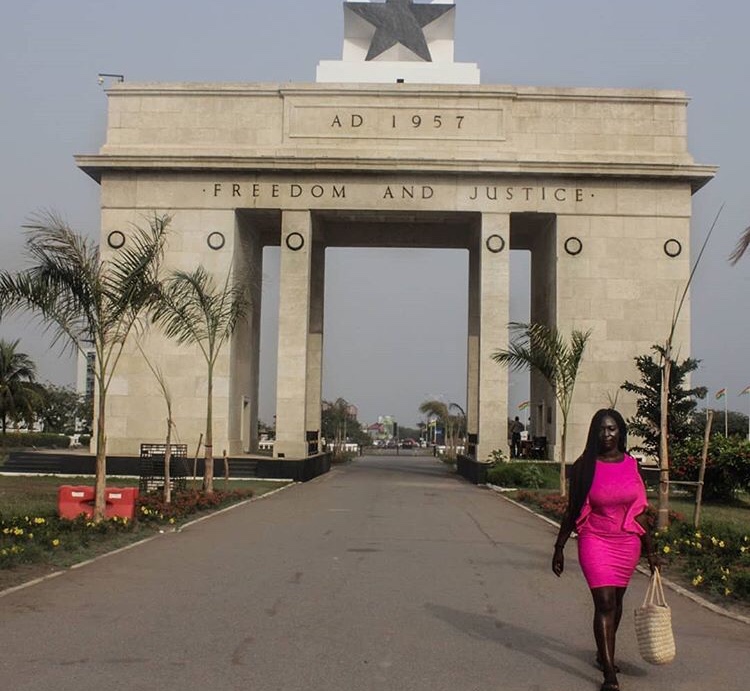
What have been some of your greatest accomplishments?
Setting up Youth Development Ghana at the age of 16. Being a ball girl at the Wimbledon Championships. Receiving the UCLA fellowship award, Future of Ghana 30 under 30, Setting up the BAME group at Save The Children International despite a lot of fear in how I would have been perceived.
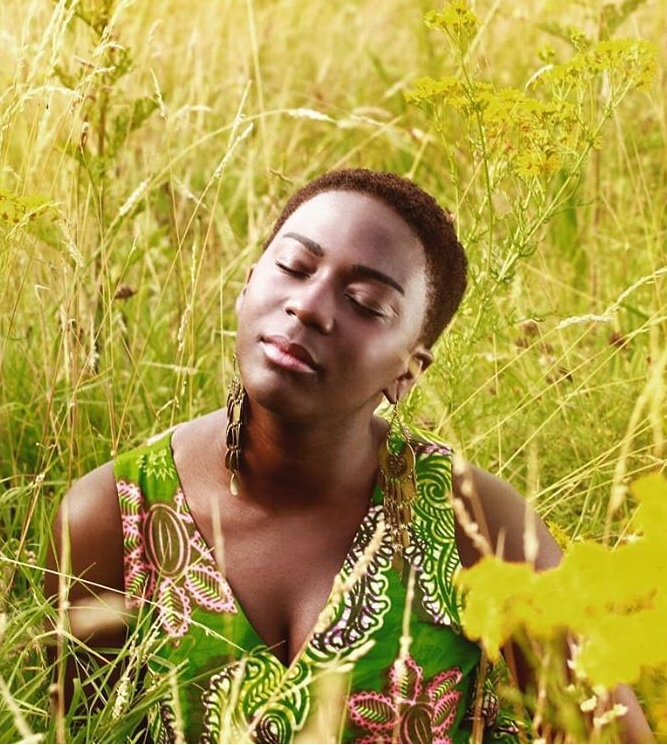
What are some of the principles, philosophies and values you ascribe to?
God first above everything else.
All things work together.
Do nothing without intention.
You have a divine purpose
Those parts of yourself that you think are weird, quirky or embarrassing, stop hiding it, bring that to every space you find yourself in.
Can you mention three books you have read and how they changed your life?
The Alchemist because it allowed me to really appreciate the very little that I have can be my greatest weapon for success.
NOTES OF A NATIVE SON, there are so many hidden meanings in Baldwin’s writing and I keep finding them whenever I come back to this book. Its taught me to understand differing perspectives even ones that I do not agree with.
The Bible as it has shown me the way of life, and it reads me.
What do you do for leisure and socialization?
I meet up with friends who pour into me spiritually and professionally. Travelling, going to the theatre, dance and reading. I love nature and so a hike, a run and a walk in the park is so refreshing.
There has been an increase in entrepreneurship across the continent and the globe from small scale enterprises to large corporations. What are your thoughts on it? Do you think it’s the best way to solve some of Africa’s challenges and improve the lives of people?
This is a brilliant question, I believe that it is a way to solve Africa’s challenges and improve the lives of people, however there is another side that becomes problematic. Entrepreneurship tends to be individualist, failing to see things holistically and therefore losing sight of the main challenges that we can overcome collectively. We need to develop more partnerships across Africa to develop more efficiently and sustainably.
What will be your advice to others especially the youth about the effects of comfort zones and on the importance of entrepreneurship?
To be consistent means to take you out of your comfort zone. You need to ensure that you are constantly and consistently learning, networking and building your business. If you stay in your comfort zone you will not achieve your purpose and you will simply, like it says, stay within your zone.
Consistency is the key, it takes time to reach your purpose and you must understand that you will never truly arrive. When practicing consistency that is where you will learn skills like endurance, discipline and patience.
Fear is simply, false evidence appearing real, take the first step and exercise the muscle until it becomes second nature.
